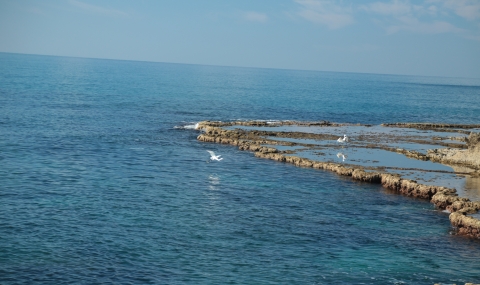The use of Scleractinian corals to reconstruct paleotemperatures and to track the carbonate system of surface water attracts the attention of the scientific community in the general field of geochemistry because coral present a very detailed and well preserved archive of climate change and the general concern from the effect of global Ocean Acidification on the coral reefs. We are working in close collaboration with coral biologists to conduct these studies:
- We follow the buildup of the isotopic signal under natural conditions in a unique long-term underwater experiment.
- The role of the environmental stress on the coral isotopic composition has been unraveled in a set of long term (several years) transplantation experiments.
- The spatial effect of point source contaminant on the corals of the Gulf of Eilat has been studied.
- The integrity of coral signals in reconstructing paleo-temperature of El-Nino events has been questioned in our studies.
We conducted a large-scale experiment of exposing corals to low pH in order to study the response of coral reefs to ocean acidification. This experimental setup is unique in both its scale and the time span corals were exposed to low pH and survived.



